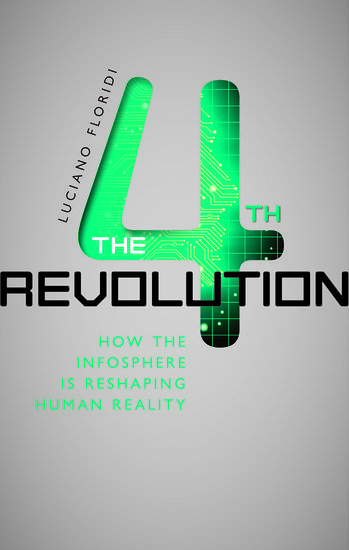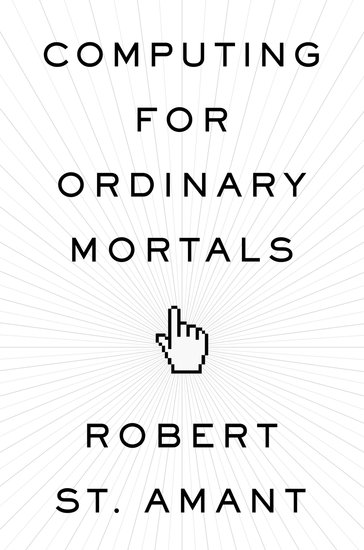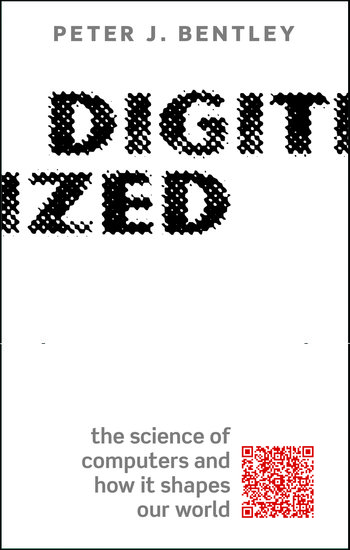The most human computer?
By Dennis Baron
Each year there’s a contest at the University of Exeter to find the most human computer. Not the computer that looks most like you and me, or the computer that can beat all comers on Jeopardy, but the one that can convince you that you’re talking to another human being instead of a machine.
To be considered most human, the computer has to pass a Turing test, named after the British mathematician Alan Turing, who suggested that if someone talking to another person and to a computer couldn’t tell which was which, then that computer could be said to think. And thinking, in turn, is a sign of being human.















